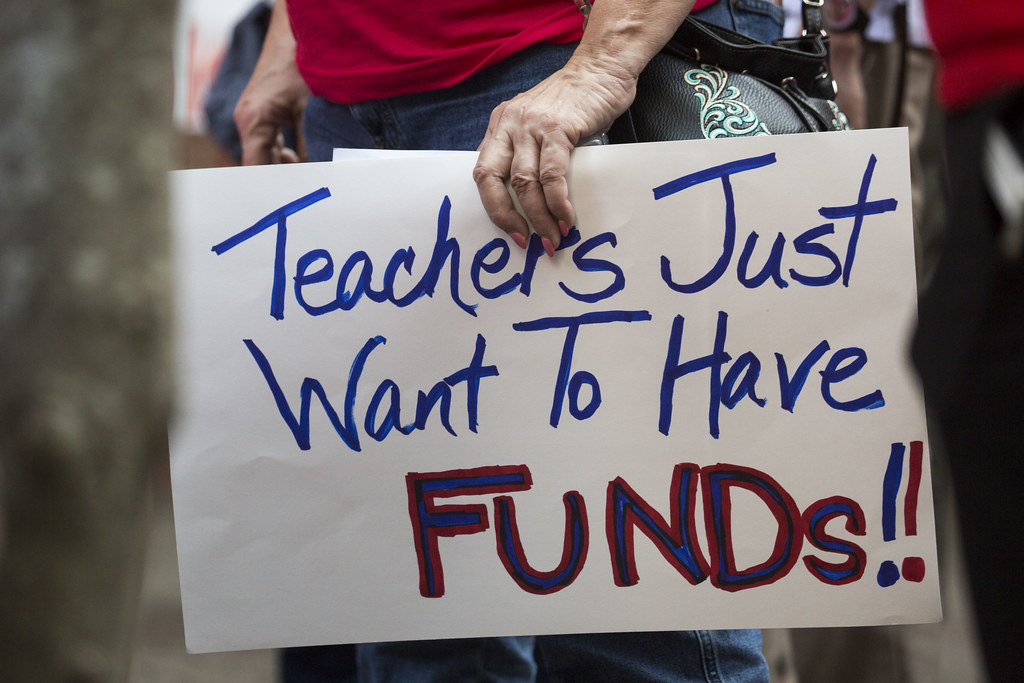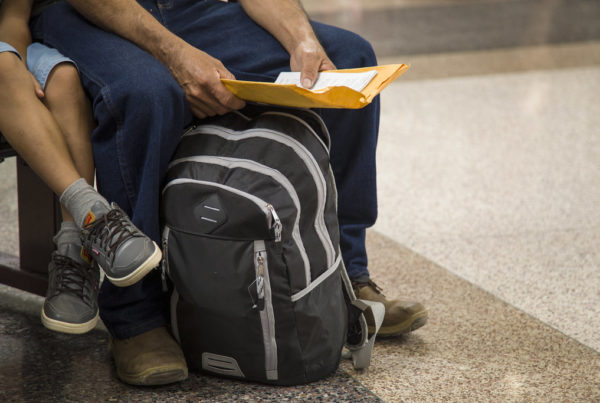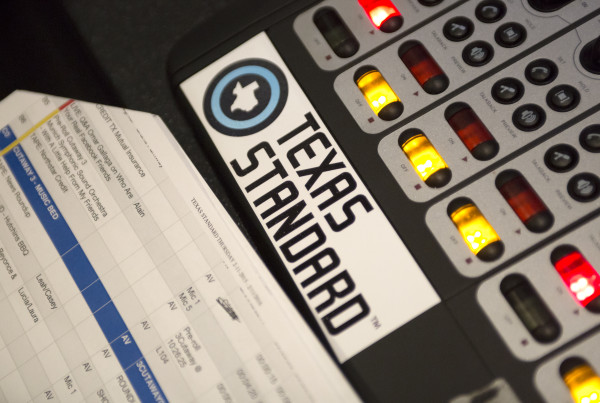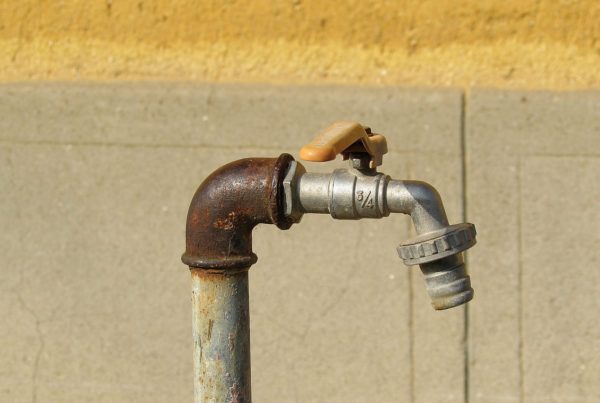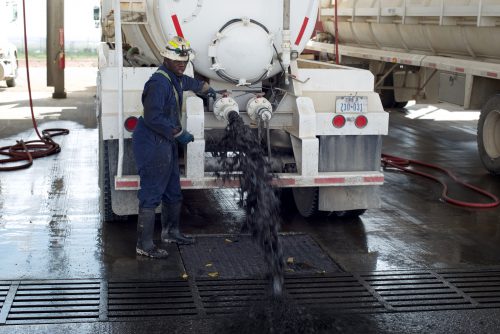The Texas Legislature passed a multibillion-dollar school finance bill during its most recent session. The funds provide a pay increase for teachers and other members of school staff. But now comes the hard part: how to actually apportion those raises.
Noel Candelaria is the president of the Texas State Teachers Association, and says teachers are, indeed, entitled to the pay raise. But those raises depend on how much districts will pay out from the money they’re getting from the state.
“Out of the $6.5 billion new dollars that are going into public education, they’ve gotta take 25% of that,” Candelaria says. “Seventy% of [that 25%] has to go to teacher pay raises.”
And it’s not just teachers who will benefit; it’s also school nurses, librarians and counselors. And money will also go toward pay increases for other full-time employees, except administrators.
“What we’re seeing all across the state is anywhere from 2%-3% pay raise to as high as 8%,” Candelaria says. “It’s all over the place.”
That’s because, he says, each school district gets a different allocation from the state. And raises may be higher in “fast-growth” districts, where property values are on the rise, and that can afford to give educators money on top of what the state is providing.
Candelaria says there is no standard minimum pay raise; it all depends on a formula determined by the Legislature. It also depends on how long a teacher has been working. The pay raise will be higher for those who’ve worked six or more years than for those just starting their careers.
But Candelaria says the general sentiment coming from school districts is that the $6.5 billion isn’t enough.
“They’re grateful but there’s still a lot of room to catch up,” Candelaria says. “Teachers in Texas, before the session, were $7,000 below the national average.”
Now, Candelaria says he and members of his association are attending school board meetings across the state to make sure educators and others get their raises.
“A lot of them have been flat for three, four, five years – have not gotten a pay raise, and on top of that, health insurance cost has continued to go up,” Candelaria says.
He also says his association is preparing for the 2020 election.
“If we want to make things better for us, it’s about who’s sitting in those legislative seats … and [changing] a few players who still are not wanting to fully fund our public schools,” Candelaria says.
Written by Caroline Covington.


